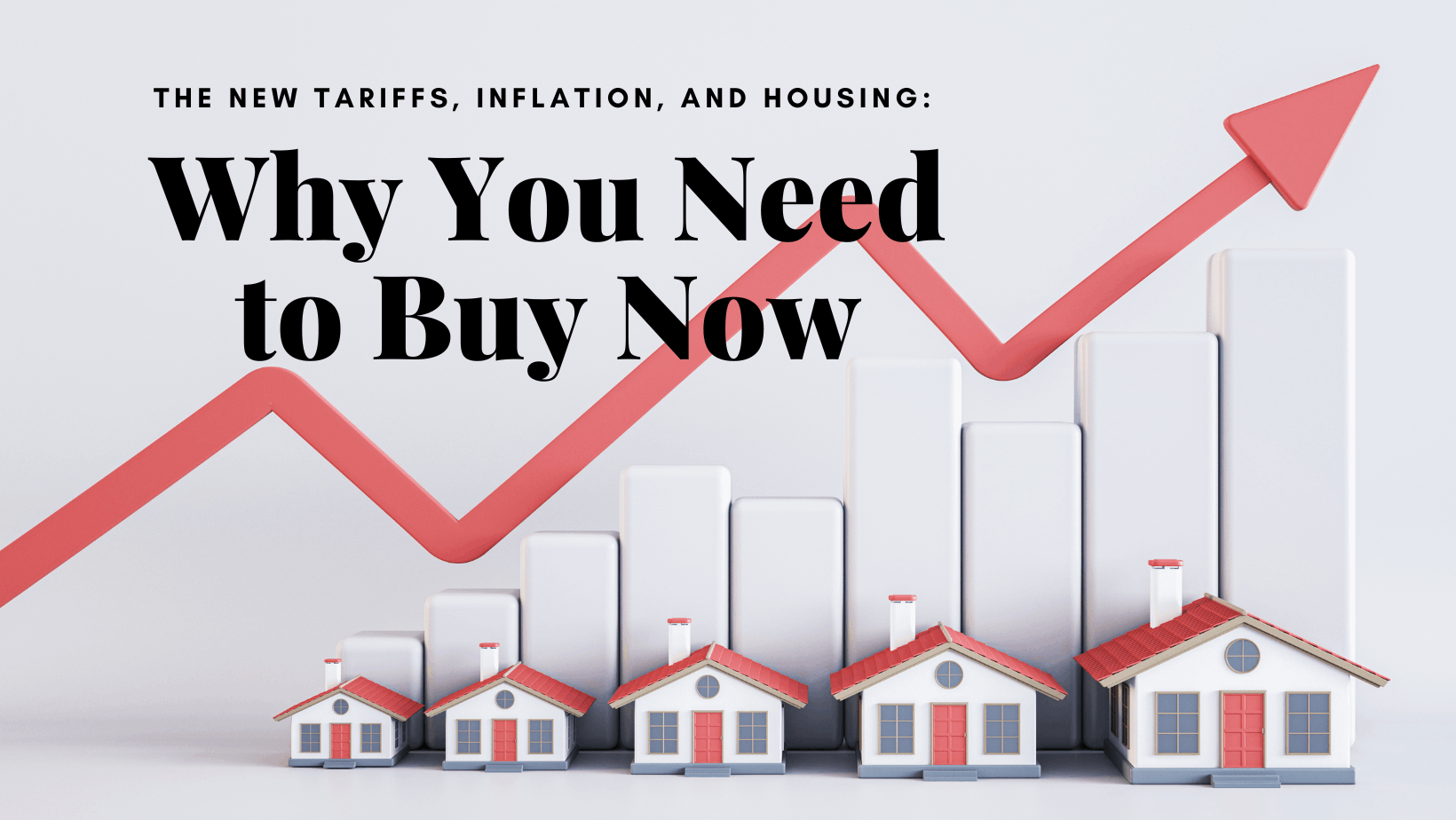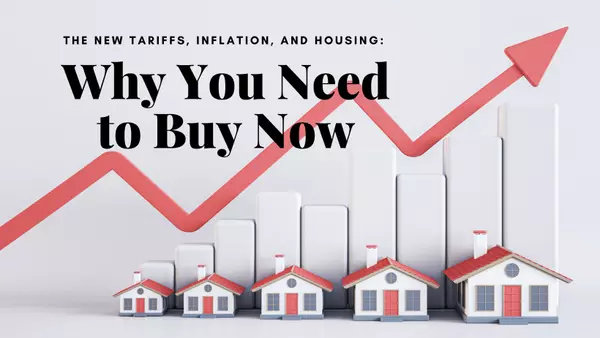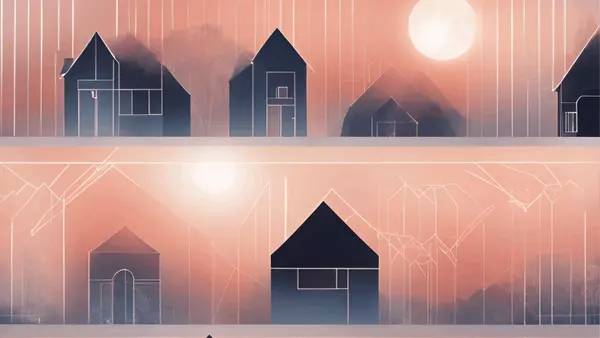The New Tariffs, Inflation, and Housing: Why You Need to Buy Now

The Clock Is Ticking on Affordable Homeownership
If you've been on the fence about buying a home, the time to act is right now. New tariffs on imported goods, especially building materials, are about to skyrocket construction costs, shrink housing supply, and drive up mortgage rates. If you wait too long, you could end up paying thousands more for the same home—or worse, getting priced out of the market entirely.
What’s Happening: Tariffs and Inflation Explained
The U.S. has recently imposed new tariffs on imported materials like lumber and steel, two of the most essential resources in the construction industry. This move is meant to protect domestic production, but the immediate consequence is higher costs for home builders—and those costs will be passed down to buyers.
At the same time, inflation is still a pressing concern. When inflation rises, the Federal Reserve typically raises interest rates to cool down the economy. Higher interest rates directly impact mortgage costs, making it more expensive for buyers to finance a home.
How This Affects Home Prices and Mortgage Rates
The real estate market is heavily influenced by supply and demand. Here’s what happens when tariffs and inflation collide:
- New Home Construction Gets More Expensive
- Tariffs on imported lumber, steel, and other materials will increase the cost of building new homes.
- Builders will slow down production because of higher expenses and shrinking profit margins.
- With fewer new homes being built, demand for existing homes will rise, driving up prices.
- Mortgage Rates Will Likely Rise
- Inflation forces the Federal Reserve to raise interest rates.
- Higher rates mean that your monthly mortgage payment increases.
- Even a small increase in mortgage rates can add hundreds of dollars per month to your payment, or tens of thousands over the life of the loan.
- Housing Prices Will Keep Going Up
- With fewer new homes being built, buyers will be competing for a smaller supply of available houses.
- Sellers will raise their prices because demand is high.
- If you wait, you could end up paying significantly more for the same house.
What This Means for You: The Cost of Waiting
If you’re thinking, “Maybe I’ll wait for prices to go down,”—think again. The combination of tariffs, rising mortgage rates, and housing shortages means prices aren’t likely to drop anytime soon. Here’s an example of how waiting could cost you:
- Today’s Mortgage Rate: 6.5% on a $350,000 home → $2,212/month (principal & interest)
- Mortgage Rate After a 1% Increase: 7.5% → $2,447/month
- Extra Cost Over 30 Years: $84,600
That’s $235 MORE per month just for waiting and hoping rates will drop.
Why You Need to Move Fast
- Home prices aren’t coming down. With tariffs increasing building costs, the supply of affordable homes will shrink, making demand even stronger.
- Interest rates are only going up. The Federal Reserve has hinted at future rate hikes if inflation remains persistent.
- Buy now, refinance later. Even if rates are high, buying now allows you to lock in a price before homes get more expensive. If rates drop in the future, you can always refinance.
What Can You Do?
If you’ve been considering buying a home, do it now before these price hikes take effect. Even if you’re not ready today, start preparing:
✔ Check your credit score – Higher scores get the best mortgage rates.
✔ Get pre-approved – Know your budget before rates rise further.
✔ Work with an experienced real estate professional – Someone who understands the market shifts can help you move quickly.
Final Thoughts
Waiting could cost you thousands. The housing market is shifting, and those who act now will secure a better deal than those who hesitate. If you need guidance or have questions about navigating this market, reach out today—before it’s too late.
Categories
Recent Posts







GET MORE INFORMATION

REALTOR® | Lic# 02111780

